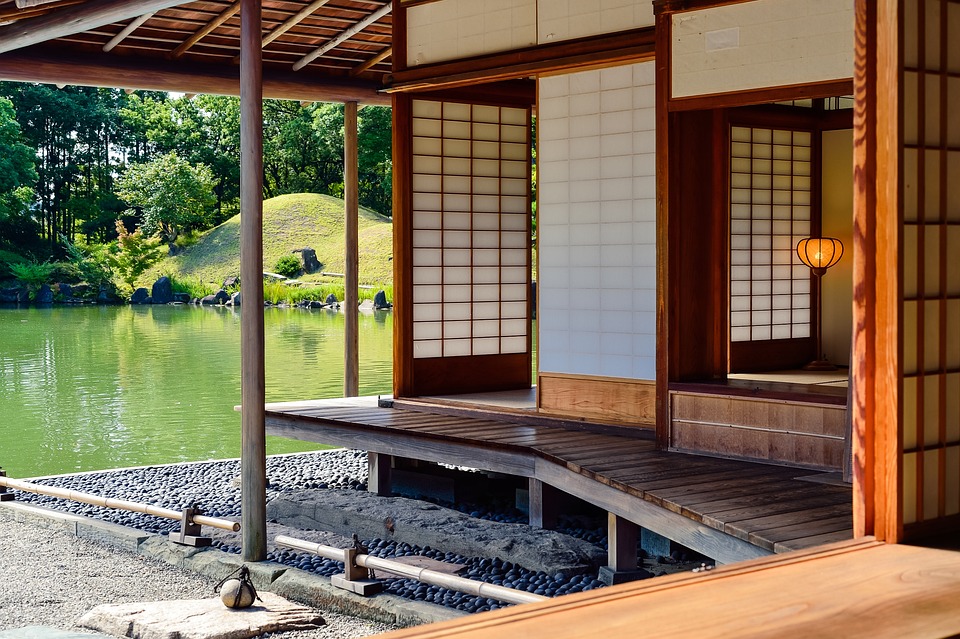[ad_1]
Japanese sake, also known as nihonshu, has a rich history dating back thousands of years. This traditional fermented rice beverage has been an integral part of Japanese culture and tradition, with sake breweries playing a significant role in preserving this heritage. As the world grapples with the effects of climate change and environmental degradation, Japanese sake brewers are embracing sustainability to ensure the longevity of their craft while also preserving tradition.
The Sustainability Challenge
Traditional sake brewing involves a meticulous process that requires quality rice, pure water, and skilled craftsmanship. However, the brewing process also produces waste and consumes resources, making sustainability a significant challenge for sake breweries. The industry faces pressure to reduce its environmental impact while maintaining the authenticity and quality of its product.
Embracing Sustainable Practices
Despite these challenges, Japanese sake brewers are taking proactive steps to integrate sustainable practices into their operations. One of the primary areas of focus is resource conservation, particularly in water and energy usage. Breweries are implementing water recycling and purification systems to minimize water wastage, while also investing in energy-efficient technologies to reduce their carbon footprint.
Furthermore, sustainable sourcing of ingredients is a priority for sake brewers. Many are partnering with local rice farmers who employ organic and environmentally friendly farming practices. By supporting these sustainable agricultural initiatives, breweries are not only ensuring a consistent supply of high-quality rice but also contributing to the preservation of traditional rice cultivation methods.
Promoting Biodiversity
Preserving biodiversity is essential for the long-term sustainability of sake production. Sake breweries are actively advocating for the protection of natural habitats and the conservation of native rice varieties. By maintaining diverse rice strains and supporting biodiversity initiatives, brewers can safeguard the genetic diversity of rice, which is essential for the development of unique sake flavors and characteristics.
Community Engagement
Many sake breweries are deeply rooted in their local communities, and they recognize the importance of engaging with and giving back to the areas that support them. Community involvement and support are essential for the sustainable growth of the industry. Brewers often participate in environmental conservation projects, such as river clean-up initiatives, and promote environmental awareness through educational programs and events.
Conclusion
Japanese sake brewers are embracing sustainability as a means to preserve their tradition and heritage. By implementing sustainable practices, promoting biodiversity, and engaging with their communities, sake breweries are not only ensuring the longevity of their craft but also contributing to the preservation of Japan’s cultural heritage and the environment. As consumers around the world increasingly prioritize sustainability, the efforts of Japanese sake brewers to embrace sustainability will undoubtedly resonate with a global audience.
FAQs
How is sustainability important for Japanese sake brewing?
Sustainability is crucial for Japanese sake brewing as it ensures the long-term viability of the industry and the preservation of traditional methods and ingredients. By embracing sustainable practices, sake brewers can minimize their environmental impact while maintaining the authenticity and quality of their product.
What are some sustainable practices adopted by Japanese sake brewers?
Japanese sake brewers have implemented various sustainable practices, including water and energy conservation, sustainable sourcing of ingredients, promoting biodiversity, and community engagement. These efforts contribute to the overall sustainability of the sake brewing industry.
How does sustainability benefit the environment and local communities?
Embracing sustainability benefits the environment by reducing resource consumption and minimizing waste, which in turn helps preserve natural habitats and biodiversity. Sustainable practices also promote community engagement and support, contributing to the overall well-being of local areas and the preservation of traditional cultural practices.
[ad_2]













Comments